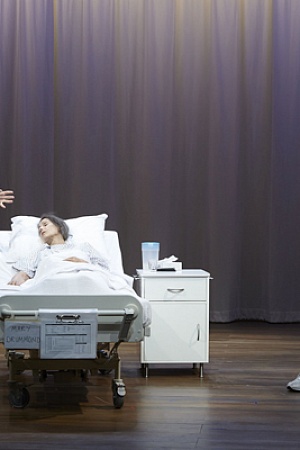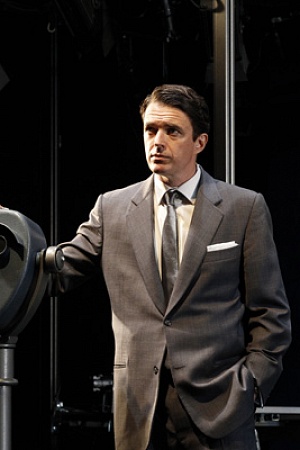Savages
‘If men are masters of their fate,’ asks the American feminist Susan Faludi, ‘what do they do about the unspoken sense that they are being mastered, in the marketplace and at home, by forces that seem to be sweeping away the soil beneath their feet?’
Perhaps they go on a cruise. That, at least, is what Runt, Craze, Rabbit, and George do. Four middle-aged men, past their prime but still willing to take on any young buck, they are about to set sail on the ‘trip of a lifetime’. It is goodbye to inadequacy, shame, and frustration; to the sense of always treading water; to a society with no place for ‘real men’ anymore. As they cross the gangplank, they jettison their miseries and declare their old selves dead: ‘The salt water spray is going to take everything away and leave me like a new born babe.’ This is a delusion, of course. The old insecurities remain. What actually happens is a loosening of the moral ties that restrain their misogynistic desire for revenge, their savage indignation.
Continue reading for only $10 per month. Subscribe and gain full access to Australian Book Review. Already a subscriber? Sign in. If you need assistance, feel free to contact us.















Leave a comment
If you are an ABR subscriber, you will need to sign in to post a comment.
If you have forgotten your sign in details, or if you receive an error message when trying to submit your comment, please email your comment (and the name of the article to which it relates) to ABR Comments. We will review your comment and, subject to approval, we will post it under your name.
Please note that all comments must be approved by ABR and comply with our Terms & Conditions.